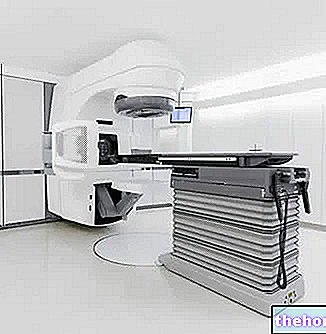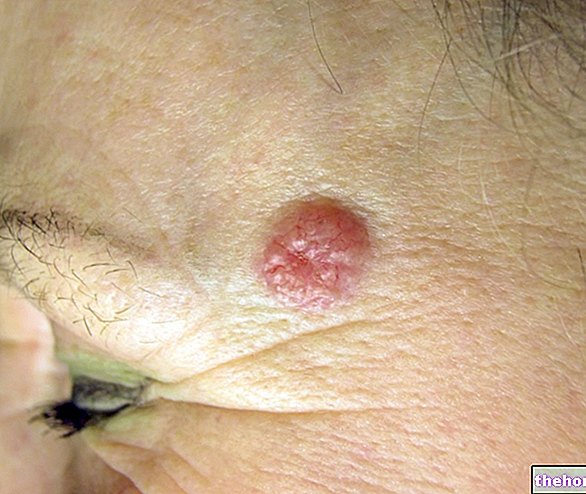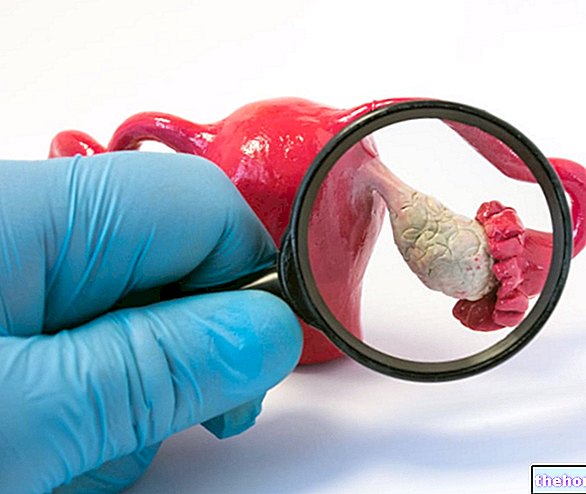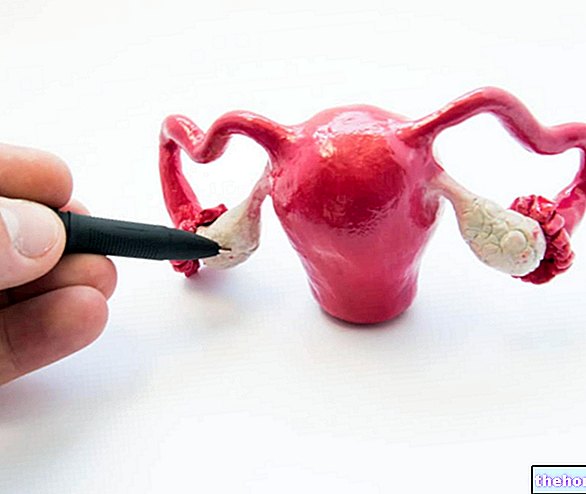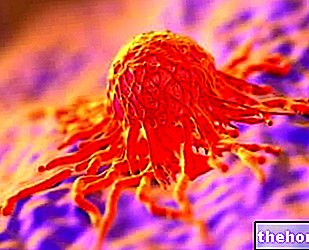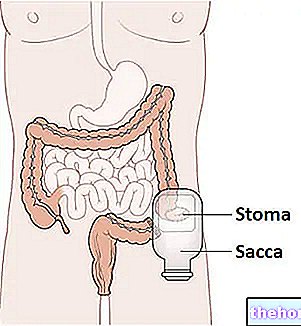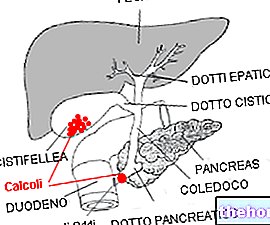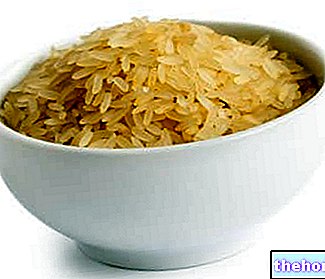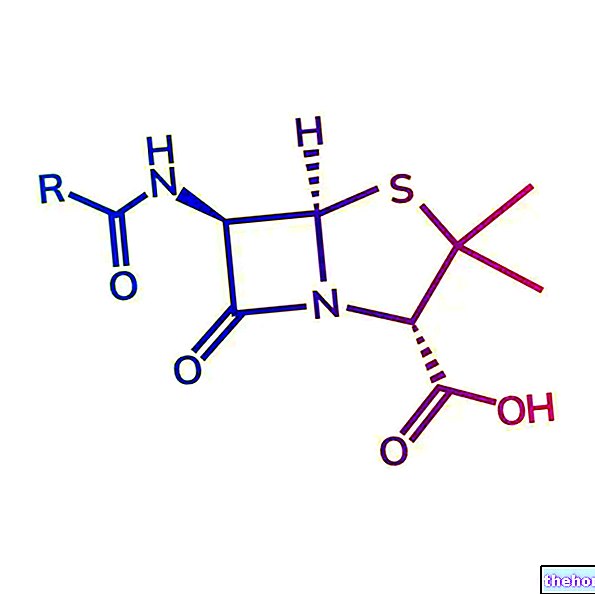Vitamin C (Ascorbic Acid) is a water-soluble molecule that performs numerous coenzymatic hydroxylation functions; among all its metabolic characteristics, vitamin C seems to effectively fight the spread of free radicals, thanks to a very important antioxidant action.
Cancer prevention

The fight against free radicals and the reduction of molecular oxidation contribute to determining the antitumor characteristics of vitamin C. In particular, ascorbic acid seems to effectively counteract the harmful action of hydrogen peroxide (H2O2), favoring cell preservation and reducing the likelihood of neoplastic transformation.
It seems that the immunostimulating function of vitamin C also contributes to the prevention of some forms of tumors; various researches have shown that in many cases the primary causative agent of the neoplastic mutation is the viral infection by some pathogens called "transforming viruses". Furthermore, given that many forms of tumors are subject to ulceration, increasing the risk of bacterial contamination, the pharmacological administration of vitamin C is recommended due to its broad-spectrum antibiotic function.
Cancer treatment
In some experiments dating back to the mid-twentieth century, vitamin C has proved effective in the treatment of bladder tumors; unfortunately, the outcome of the study was nullified due to some methodological and applicative inadequacies. In a nutshell, the research sample showed significant improvements following the administration of vitamin C ASSOCIATED with conventional drug therapy, but the impossibility of establishing the real effectiveness INDEPENDENT from the other therapies has totally discredited the reliability of the results.
Later, in 1970, Linus Pauling and his colleagues administered high doses of vitamin C (10 grams per day intravenously, followed by at least 10 grams orally) to terminally ill cancer patients; finally, this therapy has proved useful in increasing survival time and improving the quality of life.
Pharmacological administration of vitamin C appears to have a beneficial effect on tumor regression, but the results are different among the different types of tumors, the stage and the research sample.
It is advisable to continue to investigate the mechanisms that favor the antitumor therapy of vitamin C, but also to ensure that the intravenous administration of ascorbic acid does not negatively affect the functionality of the other vital organs.
Bibliography:
- The complete book of vitamins - G. Noferi L. Draghi - Demeter - chapter 87 - pag. 328: 337
- I. D. Podmore, H. R. Griffiths, K. E. Herbert, N. Mistry, P. Mistry and J. Lunec (9 April 1998) - Vitamin C exhibits pro-oxidant properties - Nature 392 - DOI: 10.1038 / 33308. PMID 9560150.
- Q. Chen, M.G. Espey, M.C. Krishna, J.B. Mitchell, C.P. Corpe, G.R. Buettner, E. Shacter, M. Levine - Pharmacologic ascorbic acid concentrations selectively kill cancer cells: action as a pro-drug to deliver hydrogen peroxide to tissues - Molecular and Clinical Nutrition Section, National Institute of Diabetes and Digestive and Kidney Diseases, National Institutes of Health, Bethesda, MD 20892, USA.
- E. Cameron, L. Pauling - Cancer and Vitamin C: A Discussion of the Nature, Causes, Prevention, and Treatment of Cancer With Special Reference to the Value of Vitamin C (Camino Books) - ISBN 0 -940159-21-X.

